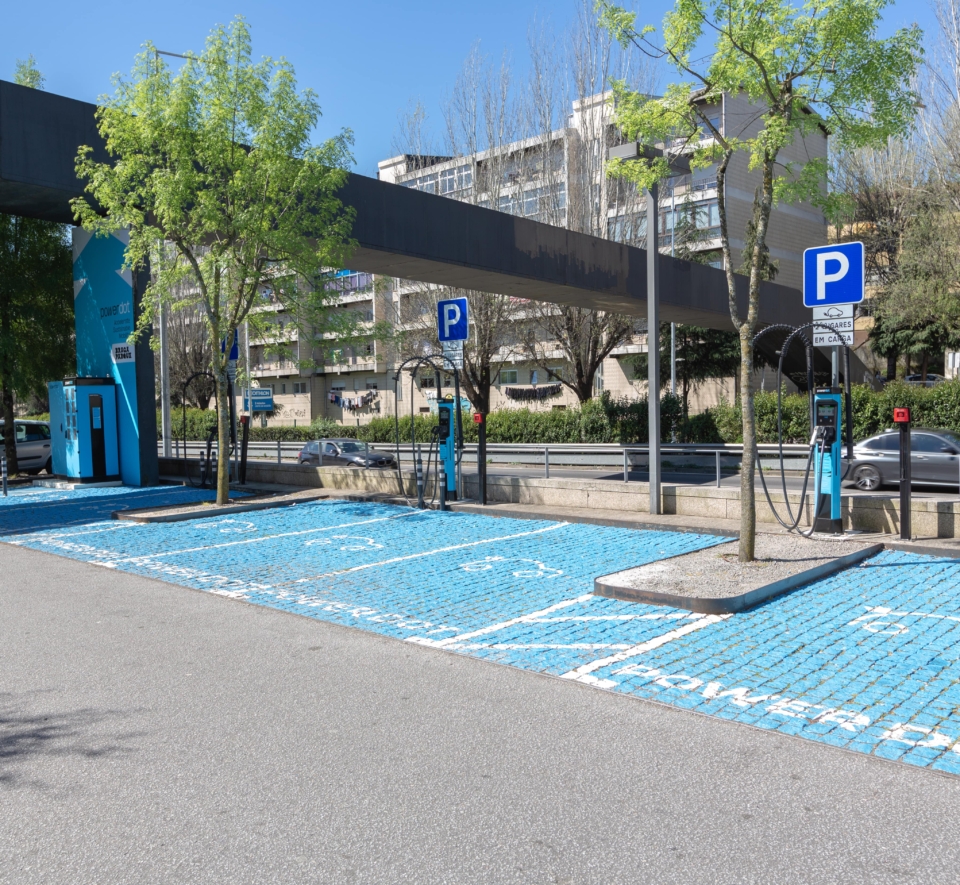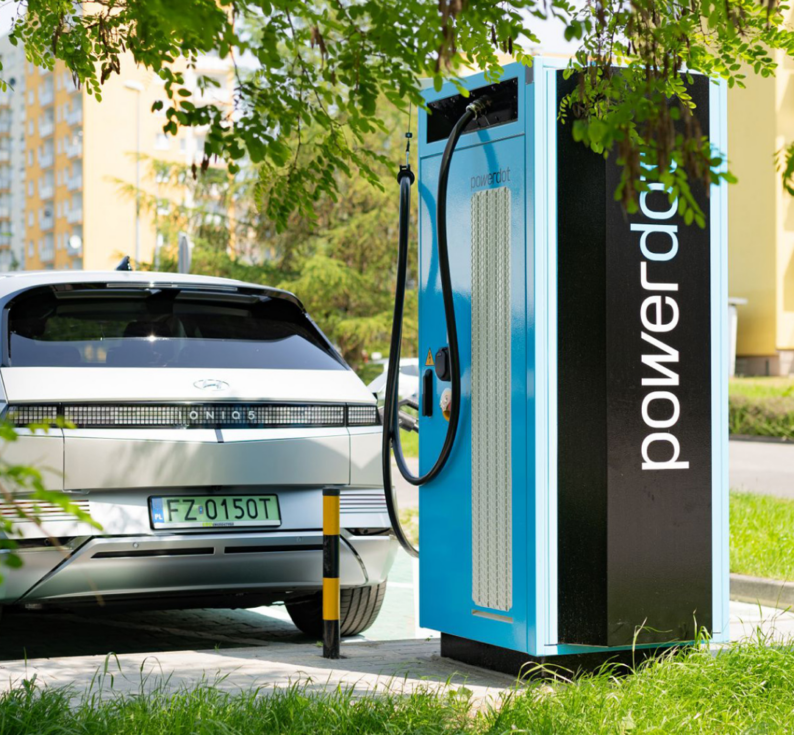Electric vehicles (EVs) have become increasingly popular as a more environmentally friendly alternative to traditional gas-powered cars in recent years. To give you an idea, alternative propulsion vehicles (APVs) – including battery and hybrid cars – claimed more than 50% of the EU car market in 2022. In this sense, destination charge is a game changer, offering a more convenient and affordable charging option for day-to-day use. How about not having to worry about recharging the vehicle anymore, since you have a charger everywhere you go?
One of the major concerns that car shoppers have when considering an electric vehicle is its driving range. This is due to what is called “range anxiety”, which is the fear of not having enough battery charge to complete a journey and can be a strong motivating factor. Similar to running out of gasoline in a conventional car, driving an EV that suddenly runs out of charge can be inconvenient and unpleasant.
To address this issue, many EV owners are turning to destination charging to recharge their vehicles while on the go.
What Is Destination Charging?
Destination charging refers to the practice of charging an EV at a specific location, such as hotels, restaurants, shopping centres, department stores, supermarkets, among others. These charging stations allow EV owners to charge their vehicles while they shop, dine, or otherwise spend time at these locations.
While some EV owners have installed home charging stations, the reality is that not everyone has access to a personal charging station, and even those who do may need to charge their vehicles while on the go.
What Are the Benefits for EV Drivers?
Firstly, one of the main benefits of destination charging is that it provides EV owners with more charging options. With traditional charging stations, EV owners often have to plan their trips carefully, ensuring they have enough range to reach their destination and any necessary charging stations along the way.
Secondly, destination charging also allows EV owners to charge their vehicles while they are out without worrying about finding a charging station on the road. This not only makes EV ownership more convenient but also helps to alleviate range anxiety.
Thirdly, in addition to providing EV owners with more charging options, destination charging also has the potential to increase the number of EV owners. As more and more charging stations are installed at popular destinations, more people may be encouraged to switch to EVs, knowing that they can easily charge their vehicles while on the go. This could help accelerate EV adoption and support the transition to a cleaner, more sustainable transportation system.
Is It Also Beneficial for Car Park Owners?
For businesses that offer destination charging, there are also several benefits. Destination charging can help support local businesses – by installing EV charging stations at their locations, businesses can attract EV owners looking for a place to charge their vehicles. This not only provides EV owners with a convenient charging option but also helps drive foot traffic to local businesses, which can benefit the local economy.
Furthermore, by providing EV charging facilities, businesses can also attract environmentally conscious customers looking for a convenient way to recharge their vehicles. This can be a great way to differentiate a business from its competitors and appeal to a growing market of EV owners.
Besides that, offering destination charging can also help businesses to reduce their carbon footprint. By encouraging EV ownership and use, businesses can help to reduce emissions and improve air quality in their surrounding area. This can be a great way to demonstrate a commitment to sustainability and positively impact the environment. If you want to learn more, we have explored these themes more deeply in our previous blog post The Role of EV chargers in the future of the retail experience.
Challenges of Implementing Destination Charging
One of the critical challenges of implementing destination charging, however, is the need for infrastructure. In order to offer destination charging, businesses and other organisations must have the necessary equipment and facilities in place to support EV charging. This can be a significant investment and may require the installation of specialized charging equipment and the provision of dedicated parking spaces for EVs.
In addition to the installation cost, ongoing maintenance, and operational costs are associated with EV charging stations. These costs can include electricity costs and the cost of servicing and repairing the charging stations. This can be a significant burden for businesses.
Making Destination Charging Easy: Why Powerdot Can Help Your Business
As said previously, some of the key challenges of destination charging are the cost of equipment, installation, maintenance, and operational expenses such as electricity. However, Powerdot offers a solution for businesses looking to provide EV charging to their customers. From covering equipment, installation, maintenance, and operational costs to providing a revenue-sharing model, Powerdot enables businesses to capitalise on their existing parking locations and add a new revenue stream to their portfolio.
This partnership is a reciprocal advantage, as Powerdot expands its charging network and establishes a presence in strategic locations, while business owners can enjoy peace of mind knowing that the company oversees the day-to-day operations and shares a percentage of the revenue from the EV chargers. With no worries about installation or maintenance costs, businesses can add a new revenue stream and provide a valuable service, increasing loyalty and attracting more customers.
Ready to explore new possibilities for your business? Talk to us.










